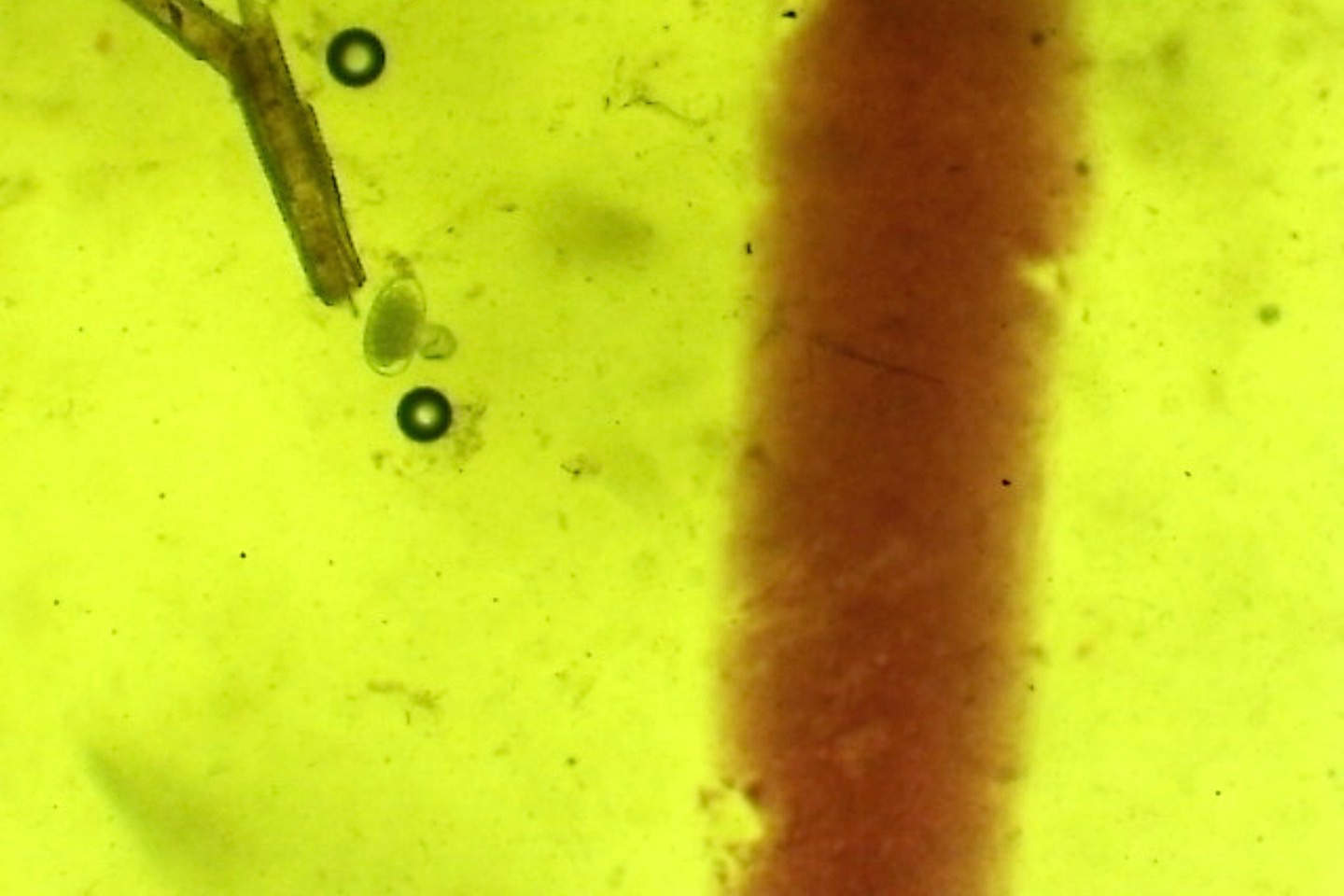16 Aug, 2022
Faecal Worm Egg Counting.... what am I looking at and why???
There are many types of internal parasites that affect many different species of animals. A common diagnostic method to assess the size and significance of worm burdens is to count the eggs shed by these worms in faeces or excreta. This is called a faecal egg count (FEC) or worm egg count (WEC) or combined (FWEC).
Worm egg counts are a useful guide to check the overall worm status of a mob to decide if treatment is necessary, to decide if previous treatments were effective or to assess the levels of worm contamination being put onto paddocks. Worm egg counts can be conducted on most livestock including sheep, goats, cattle, alpacas and horses.
Current weather conditions are setting us up for another big Barbers Pole (Haemonchus contortus) season, Barber’s pole worm is most commonly found in Queensland and the northern half of NSW where summer rainfall is common or dominant. It is a blood sucking parasite and can be fatal for all classes of sheep and goats. Even moderate infections of barber’s pole can have a marked effect on milk production of ewes and does, leading to a retardation of growth in their lambs and kids.It might be a good idea to book into one our Face to face or online Worm Egg counting courses so you can take a proactive approach to your monitoring and treatment programs this spring. Expression of interest form, dates and locations below.
This video was recorded during one of our online worm egg counting classes and shows a lungworm (Dictyocaulus viviparus) egg. Dictyocaulus viviparus are long (40-80 mm), white worms that live in the air passages of the lungs of cattle. The main clinical signs of lungworm infection are dyspnoea (laboured breathing), coughing, nasal discharge and loss of weight. Coughing sounds like a dry, non-productive exhalation.
Learn how to protect your stock while increasing your profit margin through:
- Use worm egg counts to detect worm infestations early
- Do your own worm egg counts and interpret the results
- Use tests to determine which drenches are effective on farm
- Use WormBoss to help with your decision making

